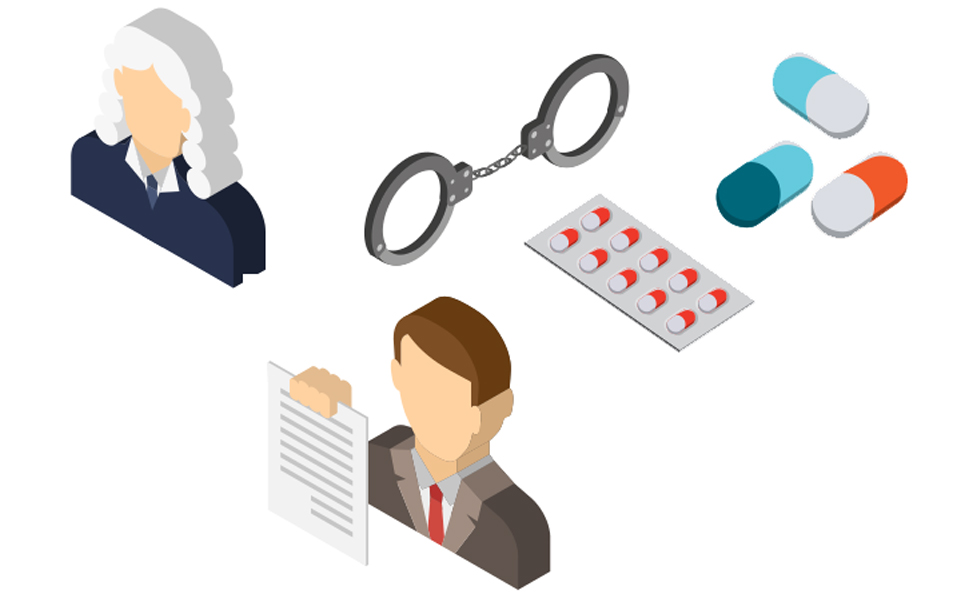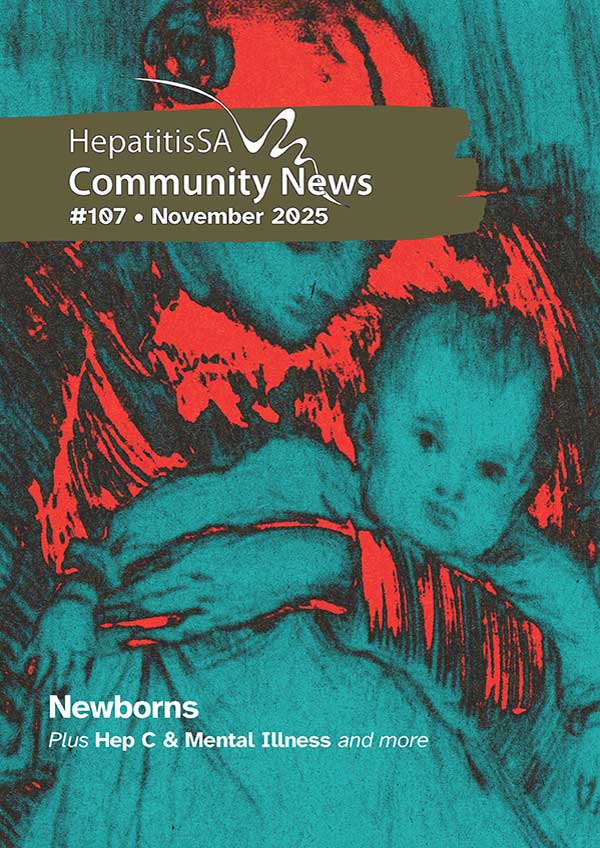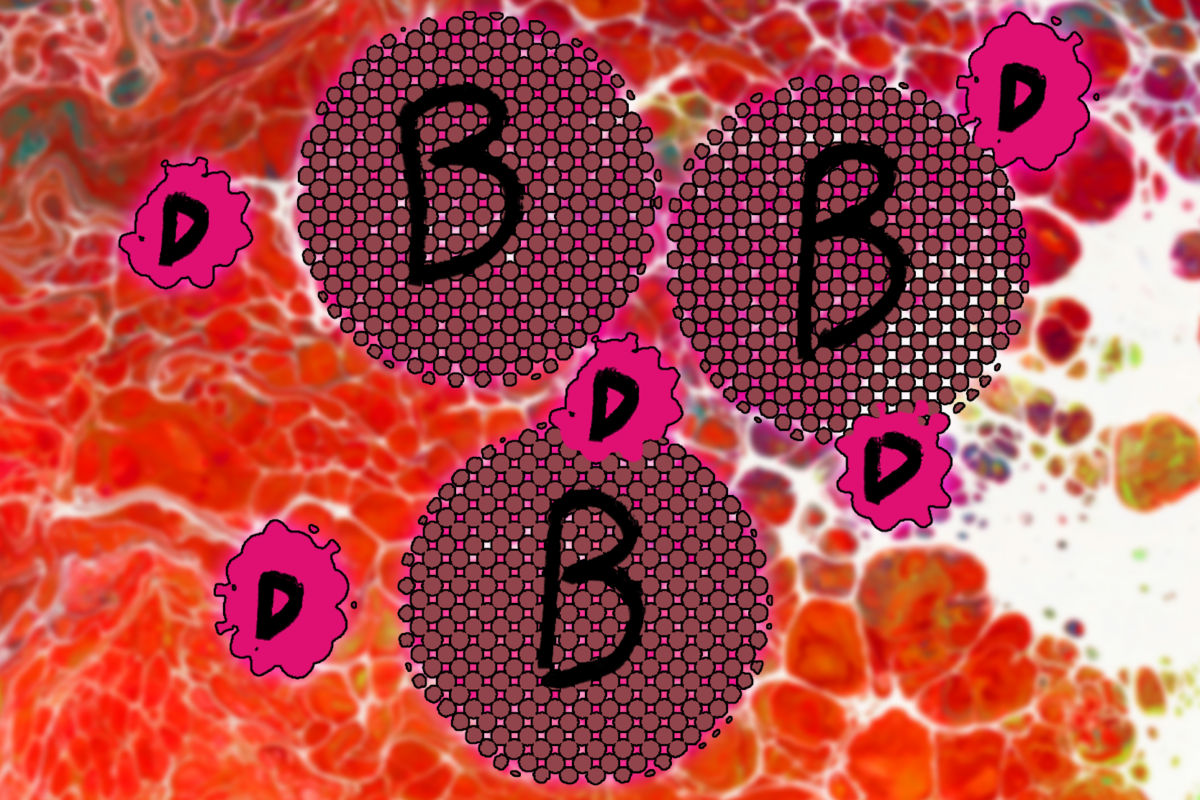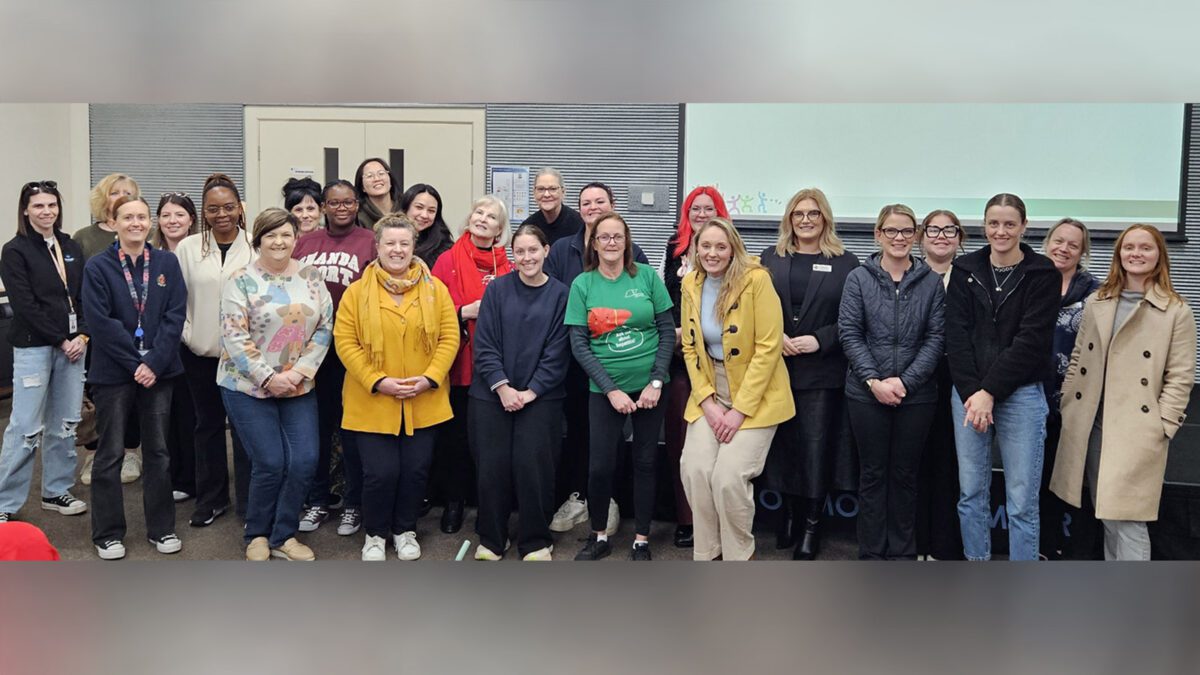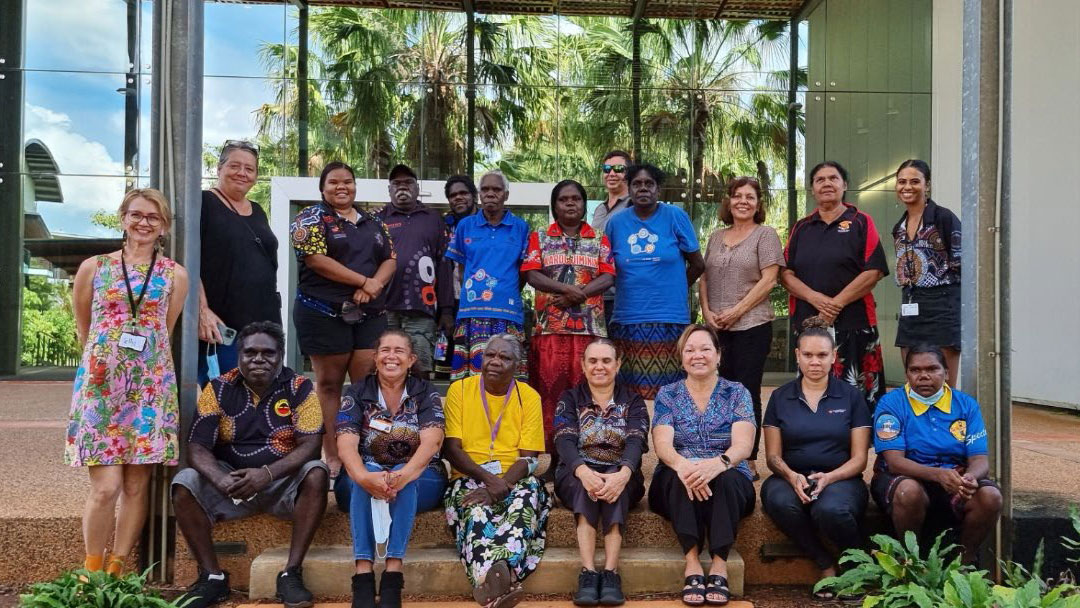Results from a recent survey into the unmet legal needs of people living with Blood-Borne Virus (BBV) or Sexually Transmissible Infection (STI), has highlighted the critical role that healthcare workers have in helping their clients address those needs.
Conducted by research partnership, Health+Law, the electronic survey was administered to a sample of the Australia sexual health and BBV workforce which identified the five most commonly reported legal need areas as housing, migration, financial stress, health (including health services) and crime (where the person was the accused in a criminal case). Sixty per cent of respondents described these legal issues as generating a “severe” impact on the health of their patients or clients.
Responses from the survey, presented in a Health+Law article, represents an important first step towards understanding the incidence and impact of unmet legal needs on people living with BBV and STI in Australia. The article, titled The Legal Needs of People Living with a Sexually Transmissible Infection or Blood-Borne Virus: Perspectives From a Sample of the Australian Sexual Health and Blood Borne Virus Workforce, was published in the Journal of Law and Medicine.
Introducing the article on their blog, Health+Law quoted ASHM Policy and Public Affairs Manager, partner investigator and a report author, Benjamin Riley, who pointed out the critical position health care workers are often in when it comes to their relationship with their clients and patients.
…healthcare workers have identified a clear need for more support to be able to help their patients with BBVs and STIs who are experiencing legal issues
“This critical research highlights the way that the BBV and sexual health workforce have a broader awareness of the issues in their patients’ lives that impact health outcomes,” he said. “Healthcare workers will often be the first person someone talks to about challenges in their lives, including legal issues.”
This role of the sexual health and BBV workforce was clear in this research, with 76 per cent of survey respondents reporting that they had been directly approached for support with a patient or client’s legal issue. Of these requests, 57 per cent arose directly from the patient or client, and 30 per cent from a patient or client’s legal representative, with the remainder coming from colleagues, insurance companies or social workers.
Areas of Legal Needs Experienced by Clients or Patients Identified by Respondents
| Area of Legal Need | Count of Times Selected by Respondents | % of areas identified |
|---|---|---|
| Migration (eg disputes relating to immigration or residency, access to work rights or Medicare) | 21 | 12% |
| Housing (eg issues with mortgage repayments, default or repossession, disputes with neighbours, disputes arising with a public housing authority such as eviction, rental agreements or bonds) | 15 | 8.62% |
| Money and Debt (eg eligibility or reviews of government payments or concessions, creditor taking or threatening action for an unpaid bill or debt, bankruptcy) | 14 | 8.05% |
| Health – Long Term Injury/Illness, Complaints about Health Services (eg problems with access to or quality of disability or care services, complaints about health services or disputes related to treatment, medication or payments) | 13 | 7.47% |
| Crime – Accused/Offender (eg charged, arrested, questioned or gaoled in relation to a crime) | 12 | 6.9% |
| llicit Drug Offence (eg charged with possession, distribution or importation of an illicit substance) | 12 | 6.9% |
| Employment (eg being made redundant or fired, issues with working conditions, pay, hours or leave). | 11 | 6.32% |
| Mental Health (eg disputes about mental health treatment or care, being hospitalised or detained for a mental health condition) | 10 | 5.75% |
| Crime – Victim (eg robbery, theft, vandalism, threatened or actual assault) | 10 | 5.75% |
| Discrimination (ie problems or issues not related to work such as discrimination based on marital status, age, gender, sexual orientation, religion, race, disability or parental or carer responsibilities) | 10 | 5.75% |
| Family (eg disputes over wills or probate, custody issues or disputed child support payments, allegations made against or by patient about domestic violence, breaches of AVO conditions) | 9 | 5.17% |
| Privacy (eg disclosure of health conditions) | 9 | 5.17% |
| Government (eg fines, identity documentation, tax assessments or debts or disputes with government bodies) | 7 | 4.02% |
| Public Health Law (eg Public Health Orders; isolation and quarantine) | 7 | 4.02% |
| Criminal Law Process (eg problems with unfair treatment by police such as assaults, wrongful arrests or searches) | 5 | 2.87% |
| Insurance (eg disputes about claims, premiums, eligibility, cover or cancellation) | 5 | 2.8% |
| Education (eg unfair suspension, exclusion, student fees or loans, bullying or harassment) | 2 | 1.15% |
| Other | 2 | 1.15% |
| Consumer (eg goods which were faulty, disputes about services from tradespersons, water, electricity or gas companies etc.) | 0 | 0% |
Significantly, out of the healthcare workers surveyed, not a single one strongly agreed that they were confident in their current ability to effectively screen patients for legal issues. This was not due to a lack of willingness, but to a lack of education and support.
“These healthcare workers have identified a clear need for more support to be able to help their patients with BBVs and STIs who are experiencing legal issues. Building skills and confidence to refer patients to appropriate legal services will allow healthcare workers to provide comprehensive, person-centred care for people with BBVs and STIs,” Riley observed.
Health+Law is a research partnership to identify and eliminate legal barriers to testing and treatment for people living with Hepatitis B or HIV in Australia. The chief investigators are from the University of Technology Sydney (UTS) Faculty of Law, the University of New South Wales Faculty of Law & Justice, and the Queensland University of Technology School of Public Health and Social Work, in association with other organisations like Hepatitis Australia and ASHM.
Last updated 14 March 2024
More from:
Enjoyed this article? Subscribe to be notified whenever we publish new stories.
Subscribe for Updates
